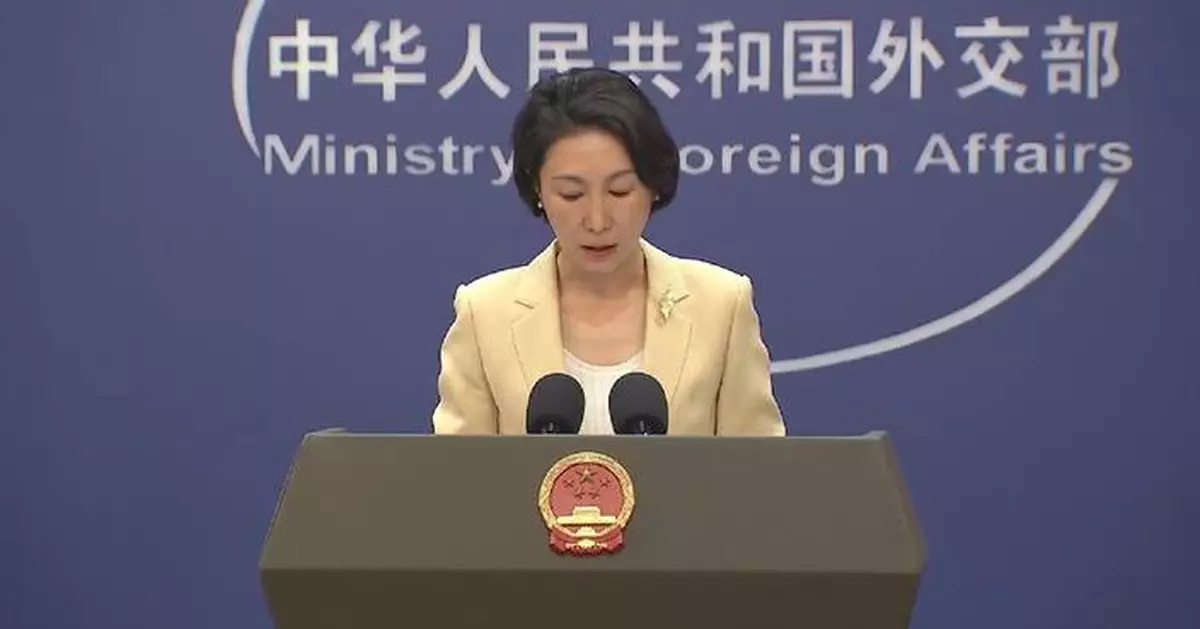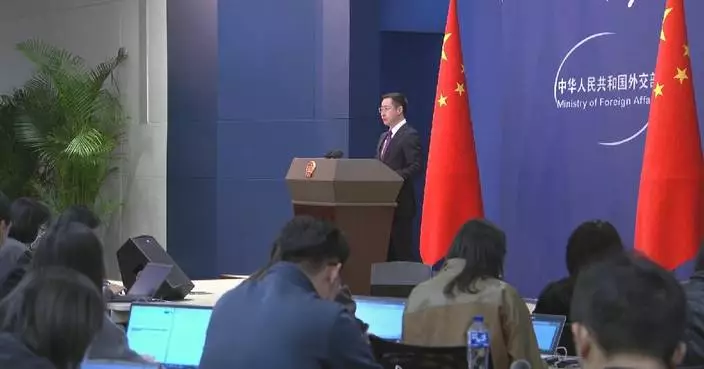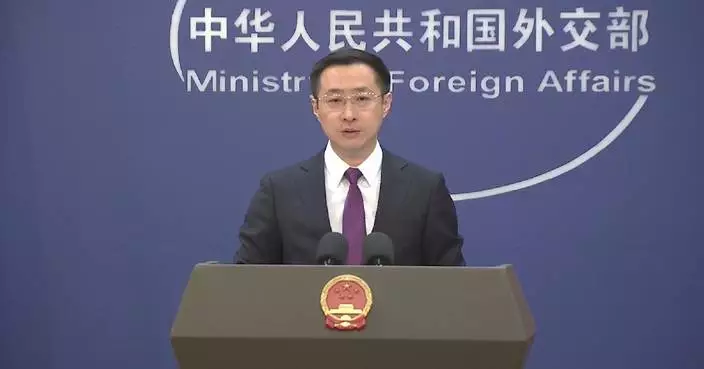The bilateral agreement between China and Japan on ocean discharge of Fukushima nuclear-contaminated water has no connection to the individual case in Shenzhen, a Chinese foreign ministry spokeswoman said on Friday.
The Ministry of Foreign Affairs on Friday released the agreement reached between China and Japan on the ocean discharge of Fukushima nuclear-contaminated water.
In response to a related query, spokesperson Mao Ning told a press briefing that the content and timing of the release of the bilateral agreement between China and Japan were determined through intensive consultations between the two sides.
"Regarding the individual case of the boy stabbed in Shenzhen, the Chinese side has repeatedly stated its position. The two are not related," Mao said.
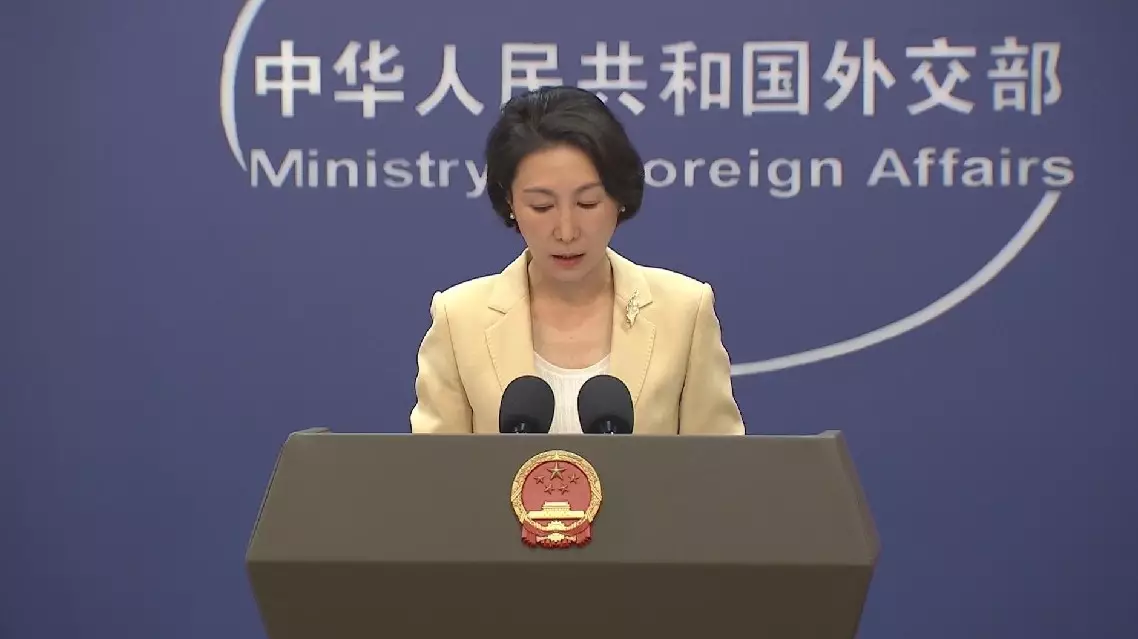
China-Japan agreement not related to stabbing case in Shenzhen: spokeswoman
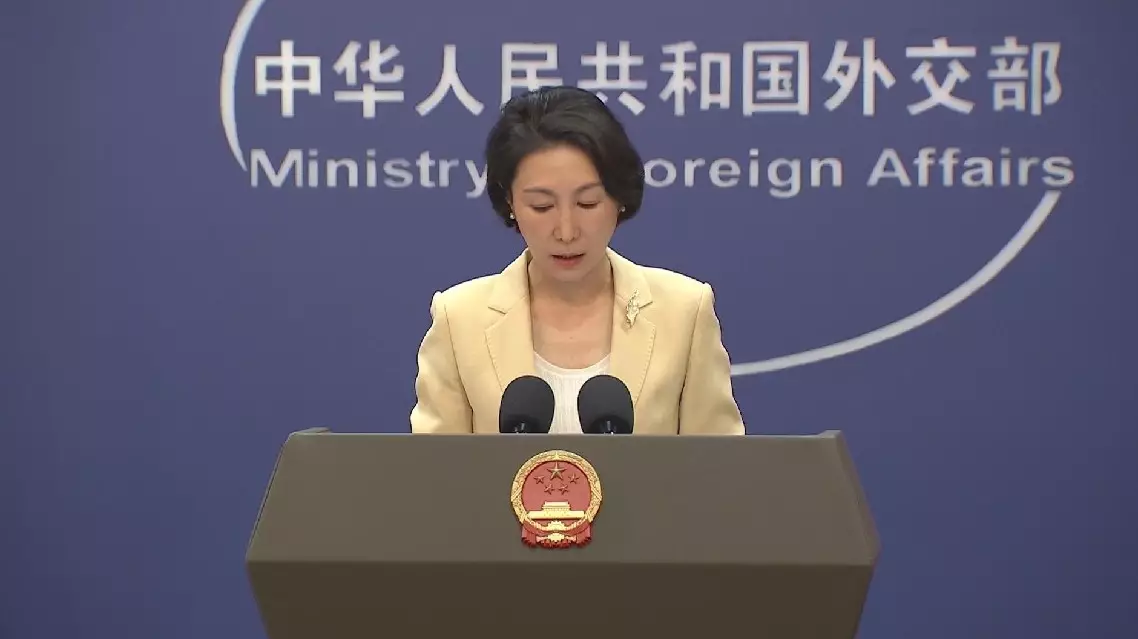
China-Japan agreement not related to stabbing case in Shenzhen: spokeswoman
An official from China's Ministry of Commerce told American enterprises on Sunday that the country will continue to protect the rights of foreign-invested enterprises in China, including those funded by the United States.
Ling Ji, vice minister of commerce and deputy China international trade representative, made the remarks while hosting a roundtable meeting in Beijing with representatives from over 20 U.S.-funded enterprises, including Tesla, GE Healthcare, and Medtronic.
Speaking at the meeting, Ling said that despite the changes in the international situation, China's commitment to reform and opening up remains unwavering. Multilateralism is the inevitable choice for addressing the difficulties and challenges facing the world. China's door to opening up will only widen, and its policies regarding foreign investment have not changed and will not change.
The Ministry of Commerce will continue to provide protection for foreign-invested enterprises in China, including U.S.-funded enterprises, safeguarding the legitimate rights and interests of foreign-invested enterprises in accordance with the law, and actively promoting the resolution of issues raised by foreign-invested enterprises, according to the vice minister.
China has been all along, as it is now, and will continue to be an ideal, secure, and promising land for foreign investment, Ling noted.
Ling also stressed that the U.S., under various pretexts, has recently abused tariffs on all trading partners, including China, severely damaging the rules-based multilateral trade system and infringing on the legitimate rights and interests of various countries. The Chinese government strongly condemns and firmly opposes this and has taken decisive countermeasures in response.
He pointed out that the root of the tariff issue lies in the U.S. It is hoped that U.S.-funded enterprises will trace the origin, clarify cause and effect, send rational voices, and take practical actions to jointly maintain the stability of the global supply chain and promote cooperation and mutual benefit.
These remarks were made as China announced countermeasures on Friday against the U.S. decision to impose "reciprocal tariffs" on Chinese exports, including the imposition of an additional 34-percent tariff on all products imported from the U.S. starting from April 10, as well as filing a lawsuit with the World Trade Organization regarding the U.S. "reciprocal tariffs".
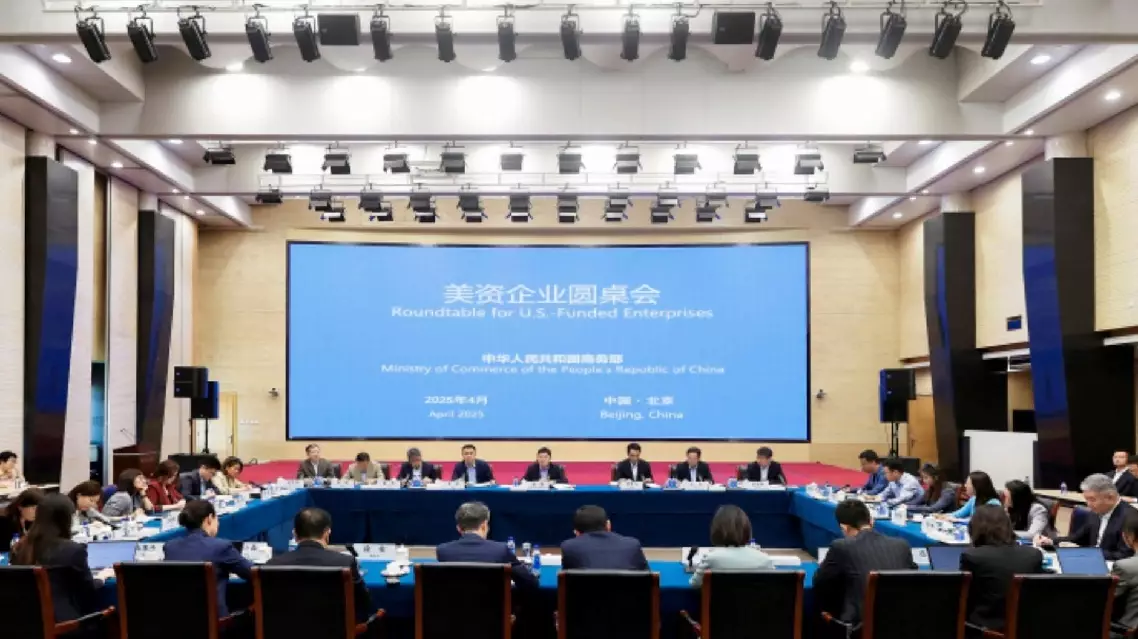
China committed to protecting rights of foreign-funded enterprises: official




